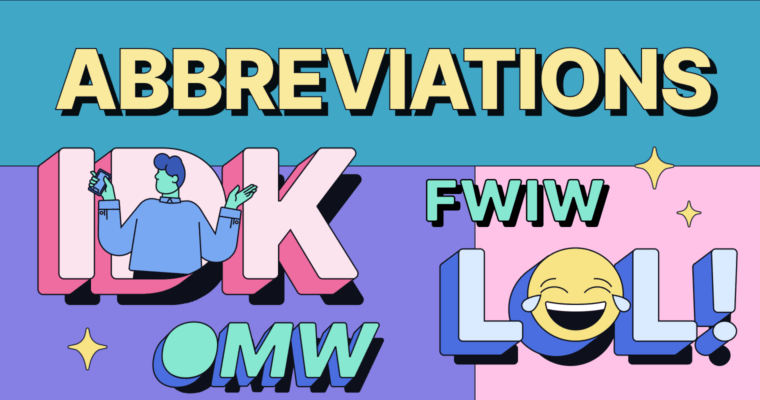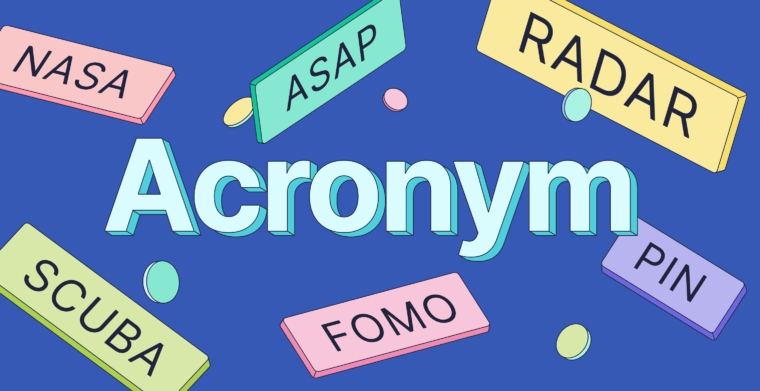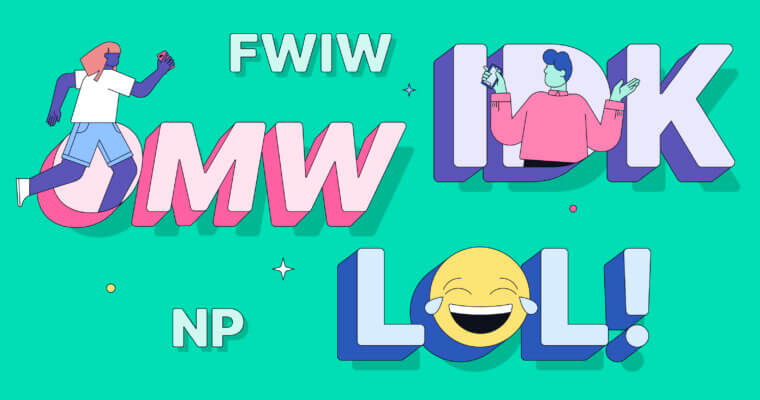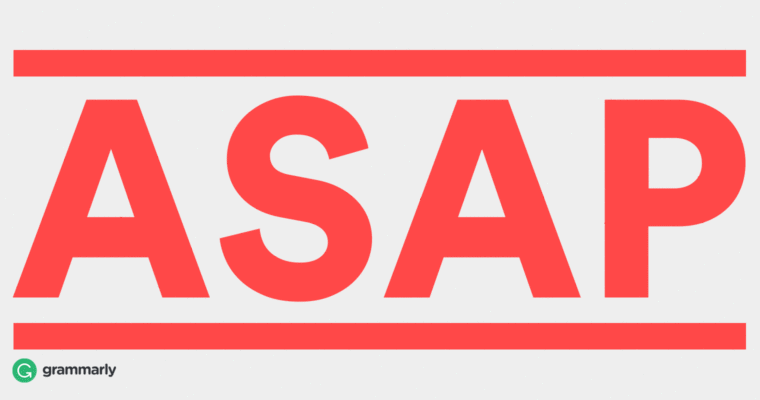Handy as they might be, abbreviations can sometimes lead to problems. There might be more than one way to abbreviate a certain word, for example. There also might even be a wrong way to do it. With continued, both of these issues are present.
The most commonly recommended abbreviation for “continued” is cont. Cont’d is also a correct way to make continued shorter. It’s a contraction, rather than an abbreviation. When writing continued on next page you should consider spelling out the full phrase instead of using a shortened form.
Cont. vs. cont’d
Most style guides, including The Chicago Manual of Style, advise that if you have to abbreviate the word continue, you should write “cont” and add a period after it. Using cont. as the abbreviation for continued will not get you in trouble in general use, and it probably won’t get you in trouble in academic or professional use. That being said, if you have to adhere to a specific style guide when you’re writing, it would be a good idea to check it for instructions.
Cont’d is another way of making continued shorter. Even though it might not be mentioned in style guides, it’s not incorrect. Take a look at the word can’t. Its full form is cannot, but if you take out some of the letters from the middle and add an apostrophe where they should be, you get a grammatically correct contraction. With cont’d, you’re taking out the –inue from “continued” and replacing it with an apostrophe. What you get isn’t an abbreviation, but it is a contraction.
Con’t, on the other hand, mixes the rules of abbreviations and contractions. It lacks more than half of the letters of the original word, and it has an apostrophe in an inappropriate place. You should avoid using it.
How to write “continued on next page”
In some cases, you might want to point out that something continues on the next page. In most situations you don’t have to do it—people know how to read something that’s written over multiple pages, and page numbers are usually all you need to keep a document in order.
However, if you’re creating a table, for example, that spans multiple pages, you might want to point out that it continues on another page. In journalism, stories sometimes start on one page of a newspaper and continue on another non-adjacent page. In both cases, writing continued on next page, or continued on page X is the best way to ensure that the person reading understands where to find the rest of the text.






